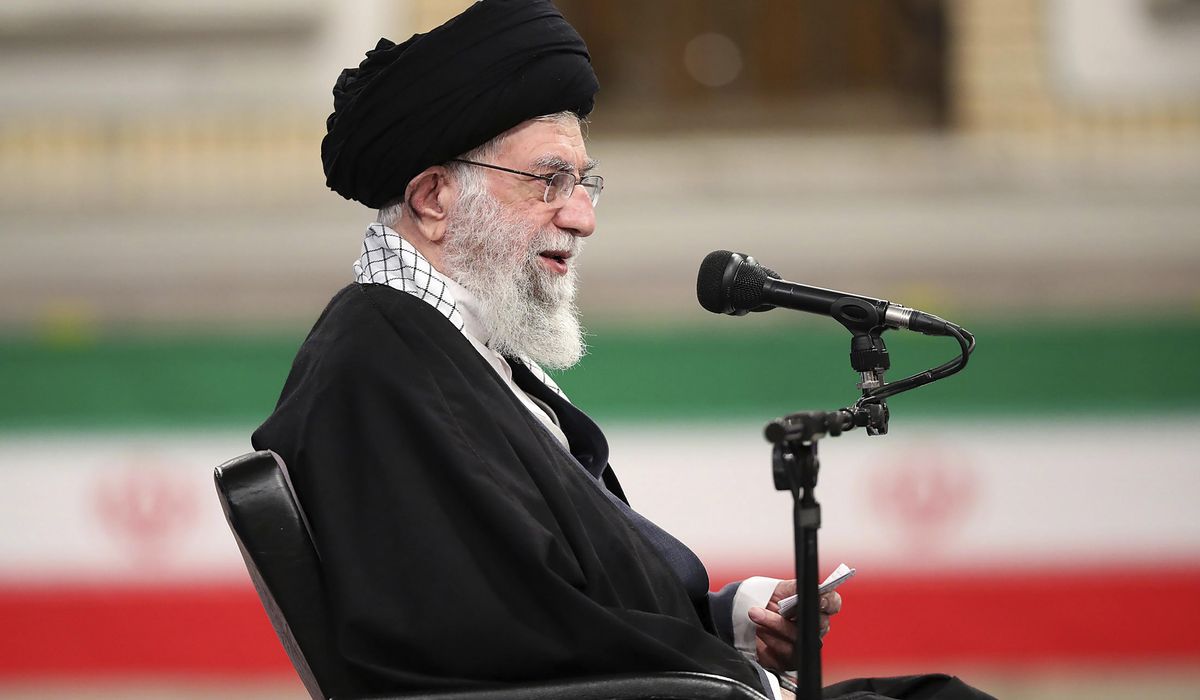
Iran remains the greatest cause of instability in the Middle East today, even with a change in political administrations in Washington, the head of U.S. Central Command said Monday during a talk with the Middle East Institute think tank.
A lot has changed in the region since MEI‘s founding in 1946. While the United States is now a net exporter of energy, the smooth running of the world’s economy depends on stability in a region that is both a hub of internal commerce and a global epicenter of violent extremism, said Marine Corps Gen. Kenneth McKenzie.
Iran has both aggressively supported terrorist organizations for more than 40 years and defied international norms by conducting malign activities that destabilize the region, he said.
“Iran is a major source of instability in Iraq and uses Iraq as a proxy battlefield against the United States,” Gen. McKenzie said. “Iran‘s actions also contribute to the instability seen in Syria and Yemen.”
The actions supported by Iran are directly responsible for millions of refugees, famine and outbreaks of diseases in the Middle East region, he said.
Although the U.S. has shifted some of its focus toward China and its role in the Indo-Pacific theater, the stability in the Middle East region remains of vital importance, Gen. McKenzie said.
“The new U.S. administration has signaled it will take a deliberate and thoughtful approach moving forward with its Iran policies — working in close consultation with our partners,” he said.
